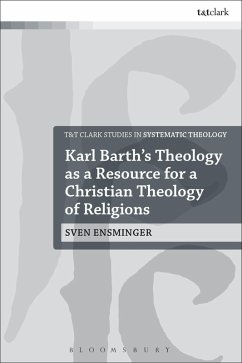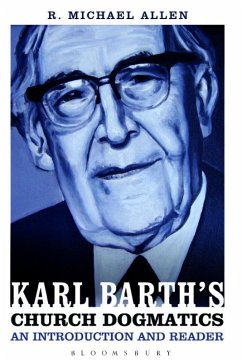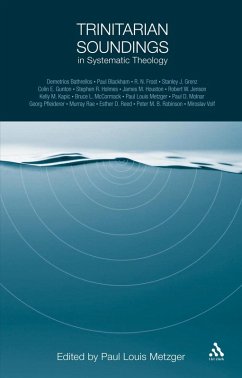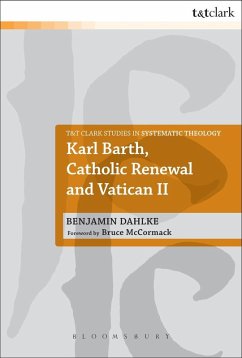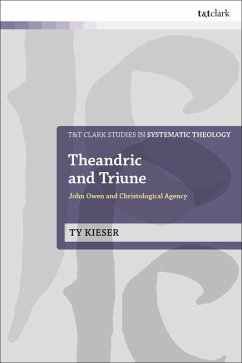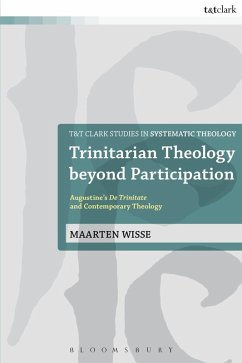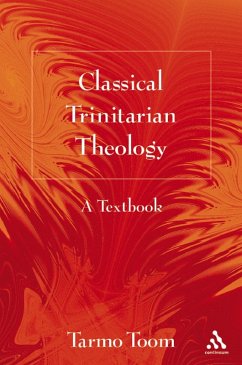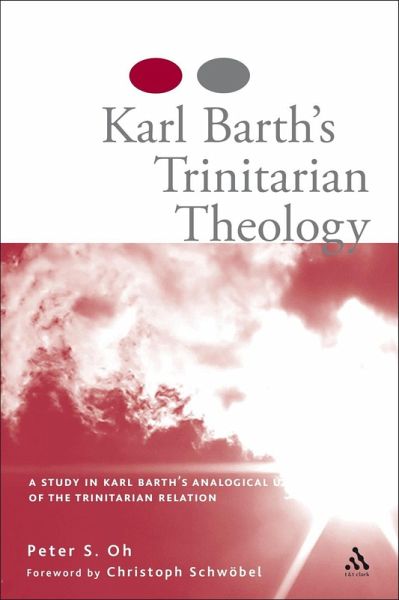
Karl Barth's Trinitarian Theology (eBook, PDF)
A Study of Karl Barth's Analogical Use of the Trinitarian Relation
Versandkostenfrei!
Sofort per Download lieferbar
149,95 €
inkl. MwSt.
Weitere Ausgaben:

PAYBACK Punkte
75 °P sammeln!
Karl Barth's Trinitarian Theology is an original and insightful discussion of the theme of the Trinity in the thought of Karl Barth with particular reference to ecclesiology. The book examines Karl Barth's analogical use of the Trinity, with respect to various patterns of divine-human communion in the context of the doctrine of redemption. In the first part of the book, Oh explores Barth's understanding and use of analogy throughout his theological development. To support his argument on the concept of analogy and in order to place Barth's moral theology in context, Oh compares the work of Kie...
Karl Barth's Trinitarian Theology is an original and insightful discussion of the theme of the Trinity in the thought of Karl Barth with particular reference to ecclesiology. The book examines Karl Barth's analogical use of the Trinity, with respect to various patterns of divine-human communion in the context of the doctrine of redemption. In the first part of the book, Oh explores Barth's understanding and use of analogy throughout his theological development. To support his argument on the concept of analogy and in order to place Barth's moral theology in context, Oh compares the work of Kierkegaard and Barth. This research gives fresh insight into Karl Barth's Trinitarian, theological hermeneutics. In Part II, Oh examines Barth's analogical use of the doctrine of the Trinity from an ecclesiastical perspective. He demonstrates an indirect relationship and similarity between the perichoretic 'intra divine' communion and the complementary 'divine-human' relation in Barth's theology of redemption.




